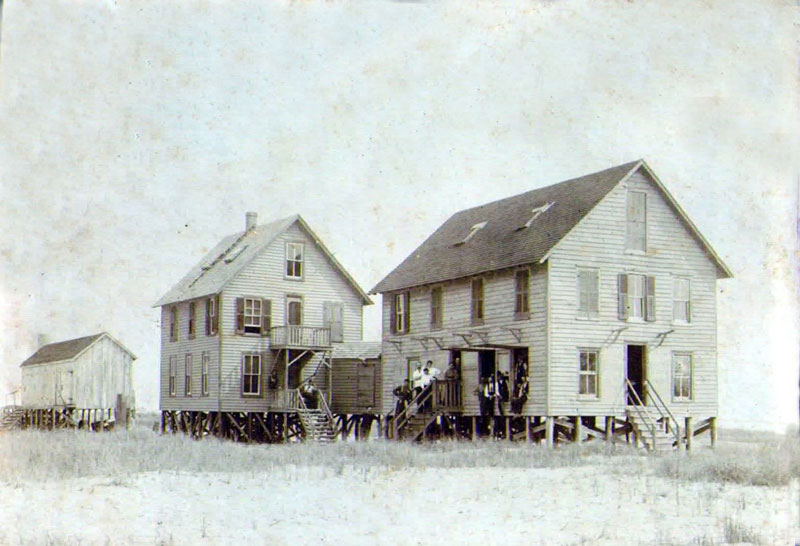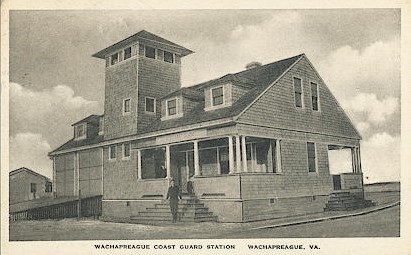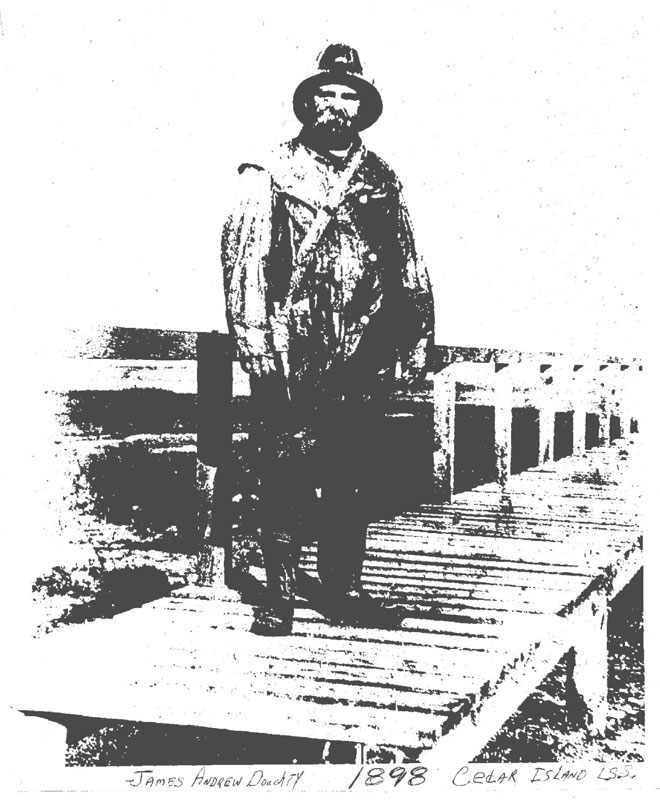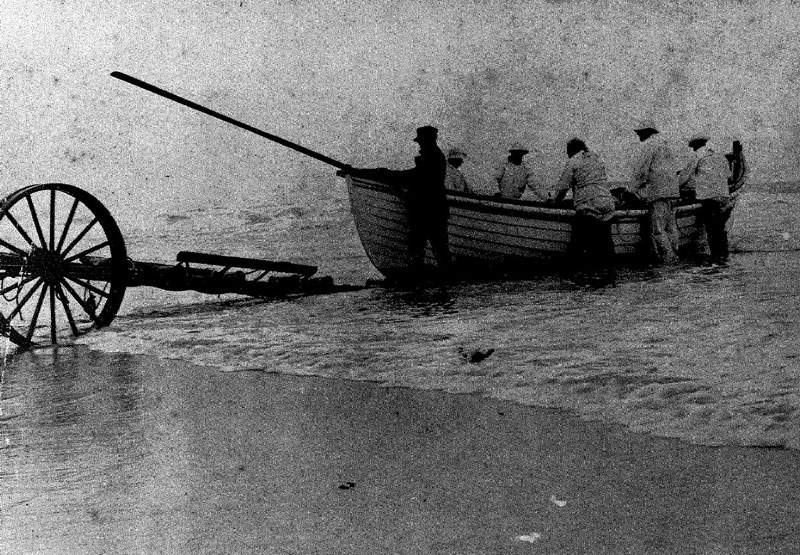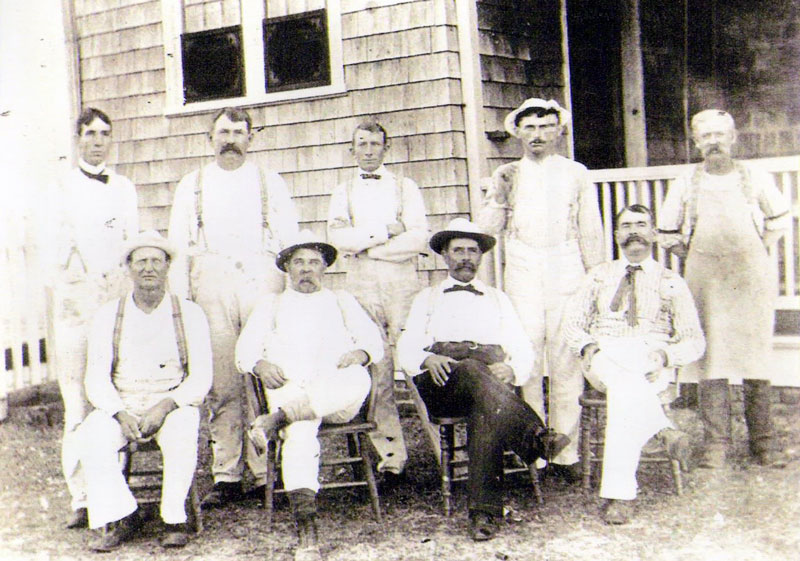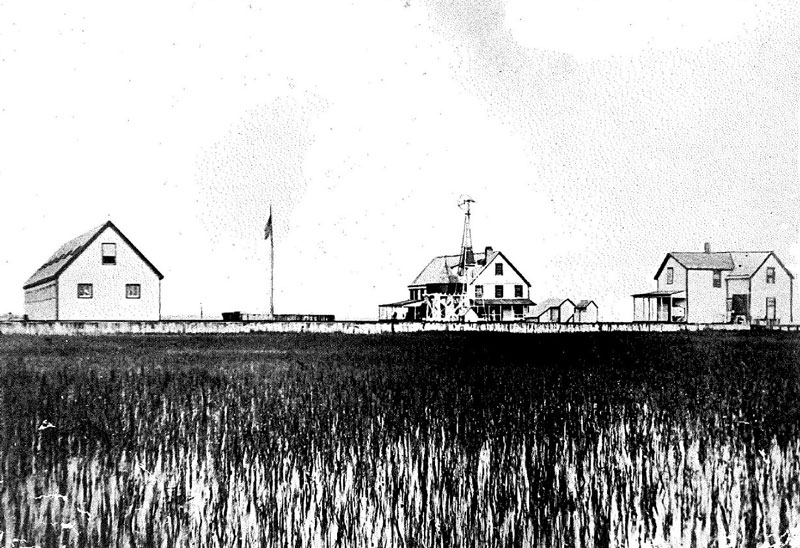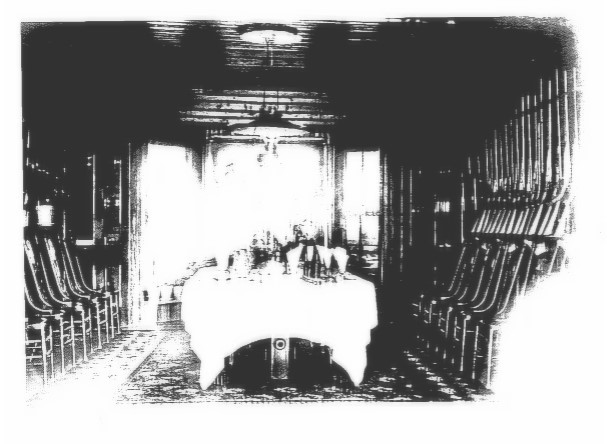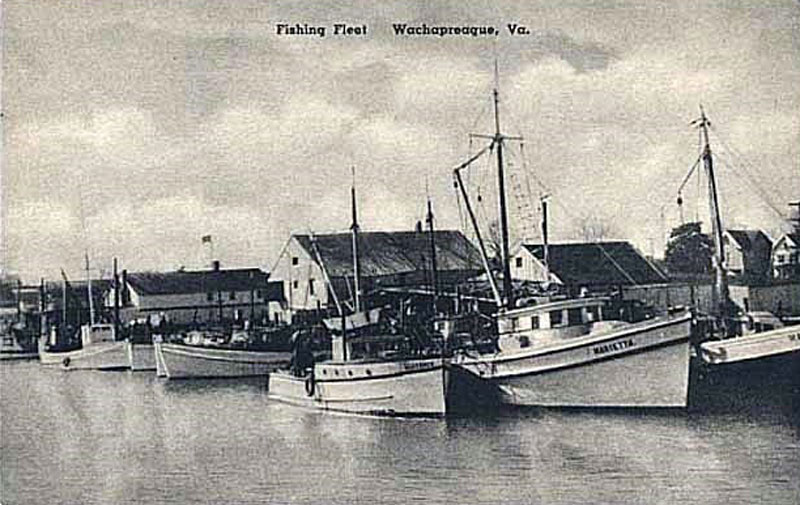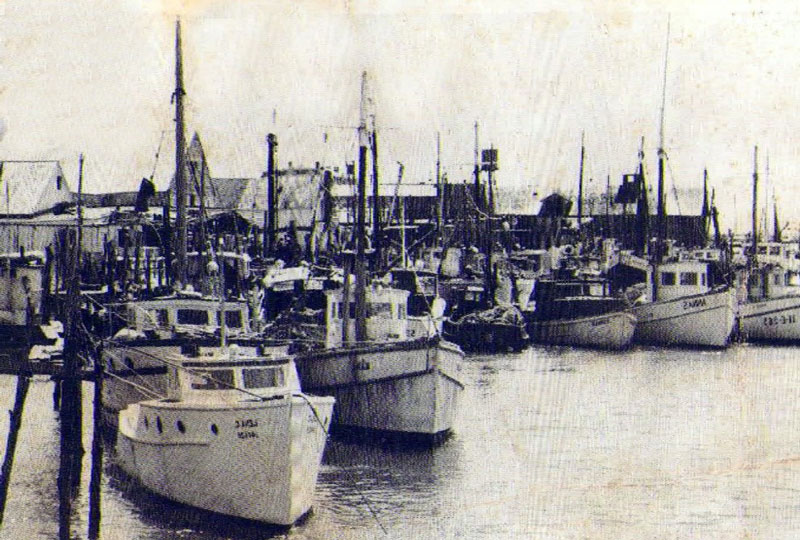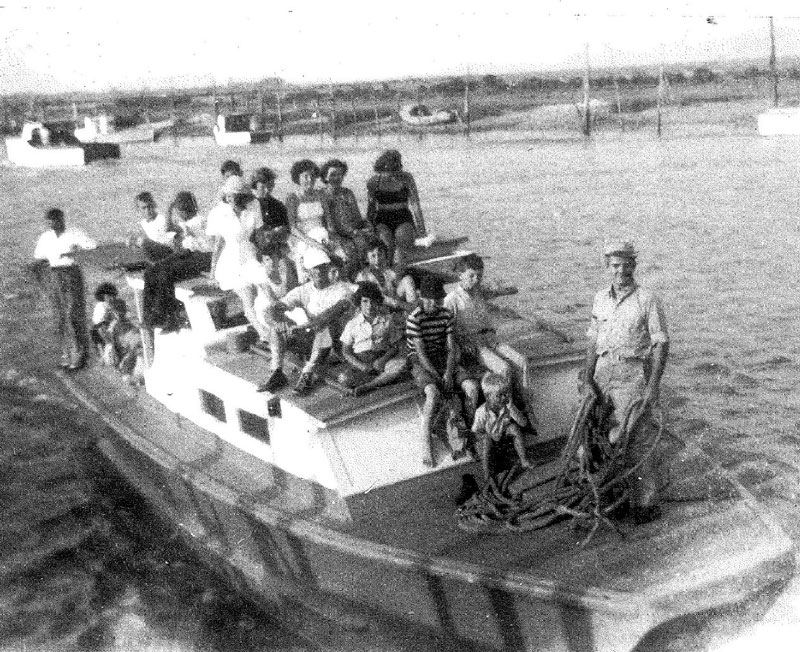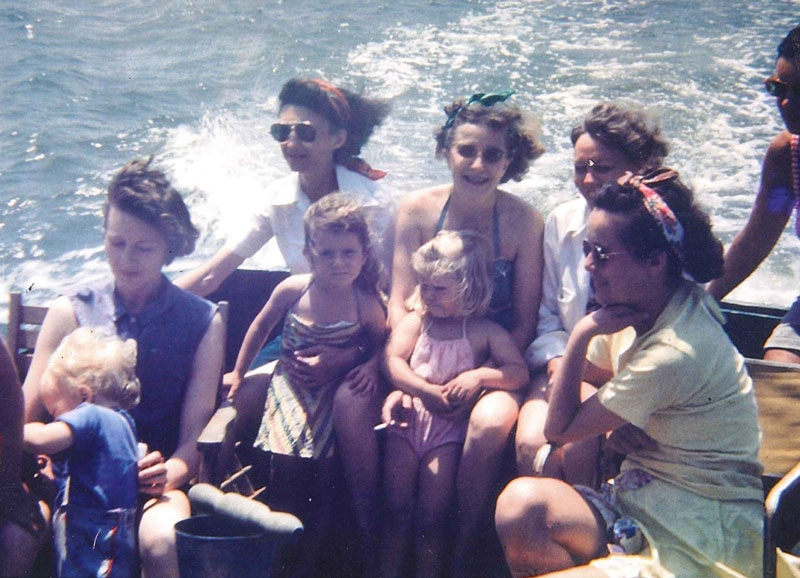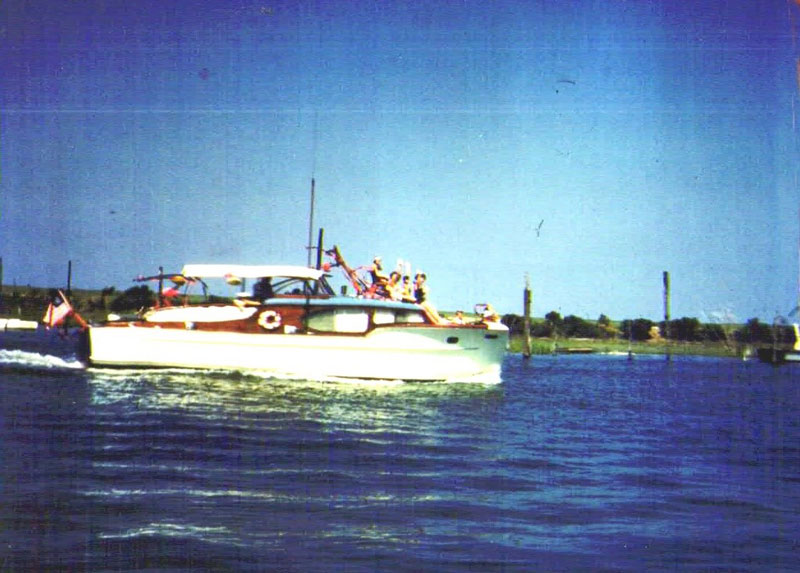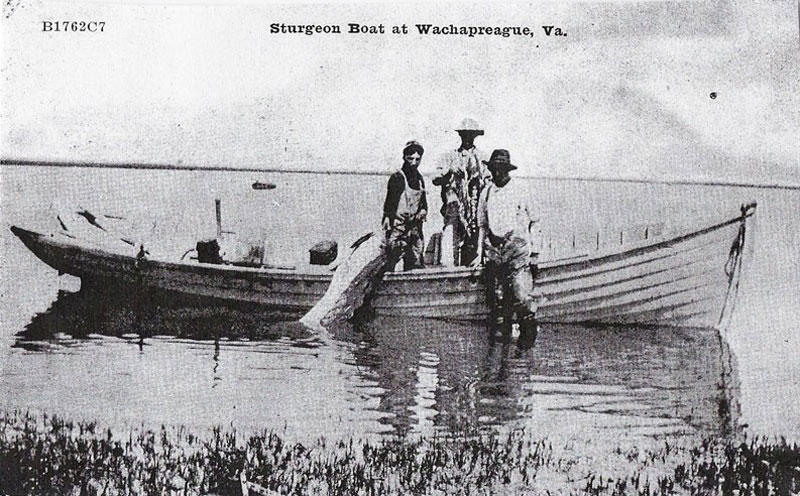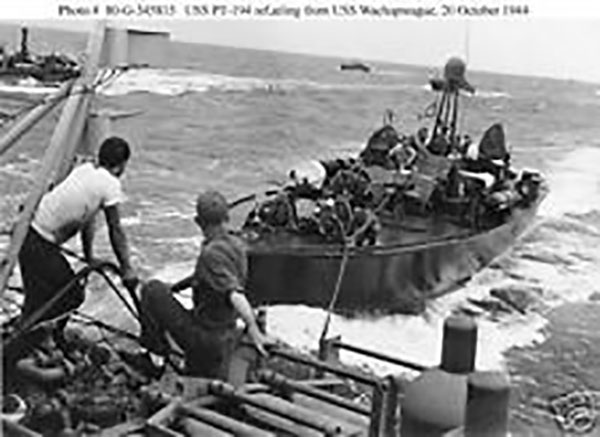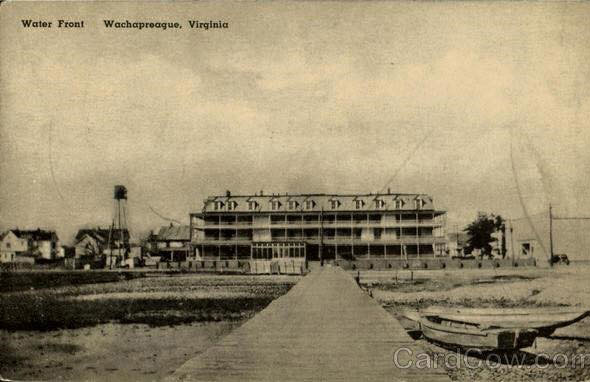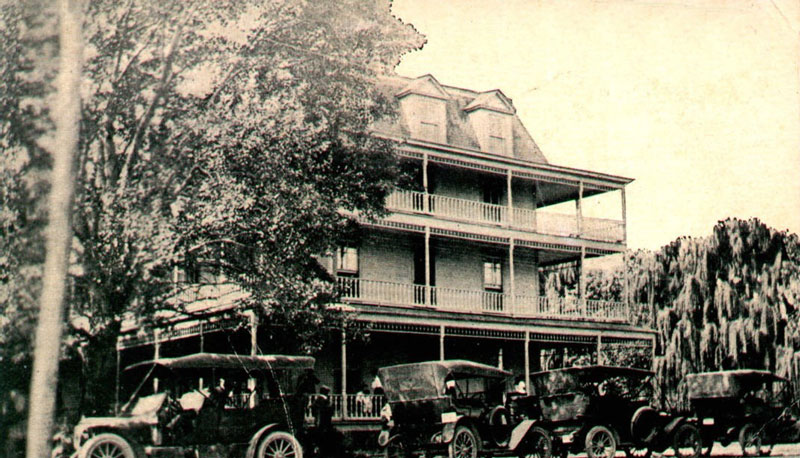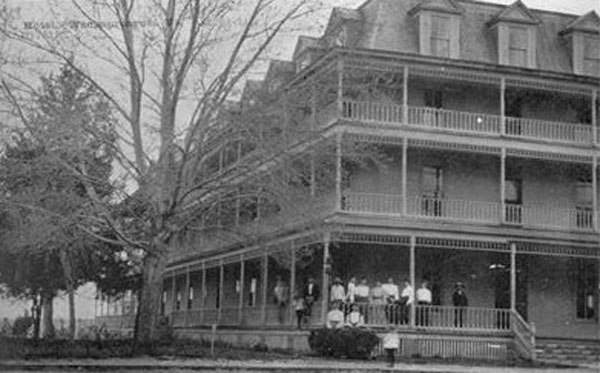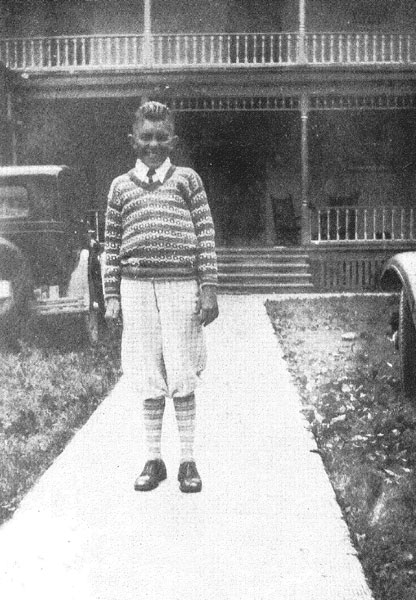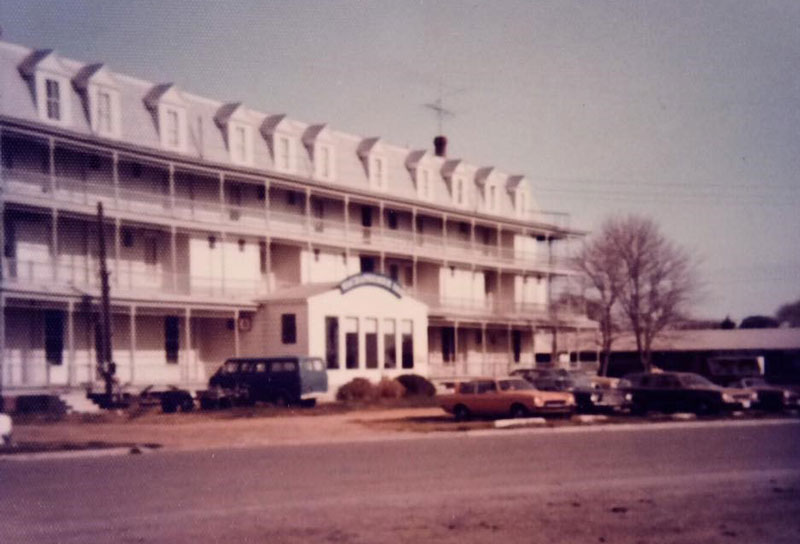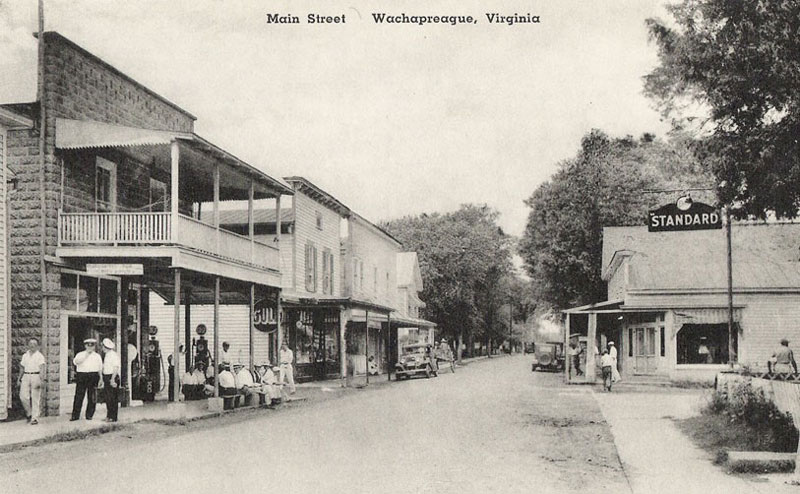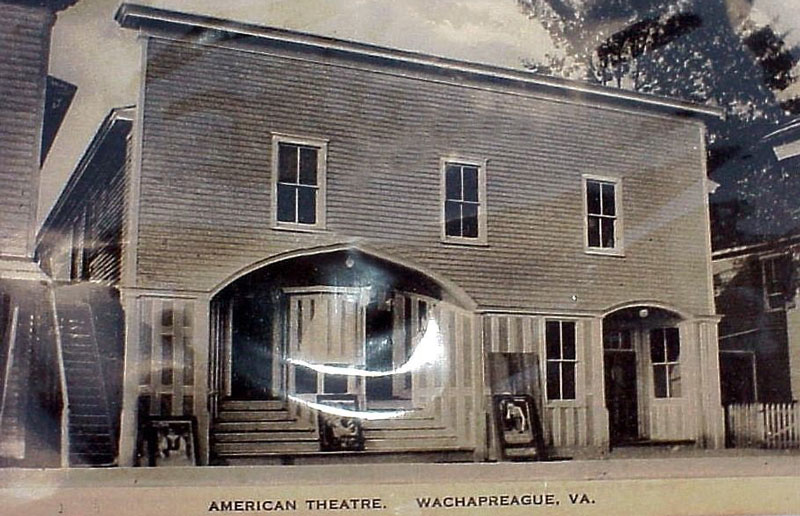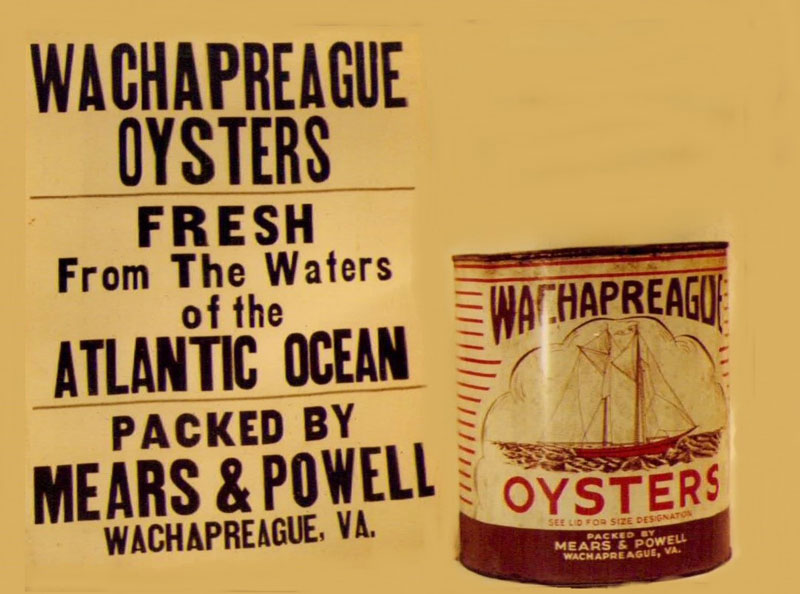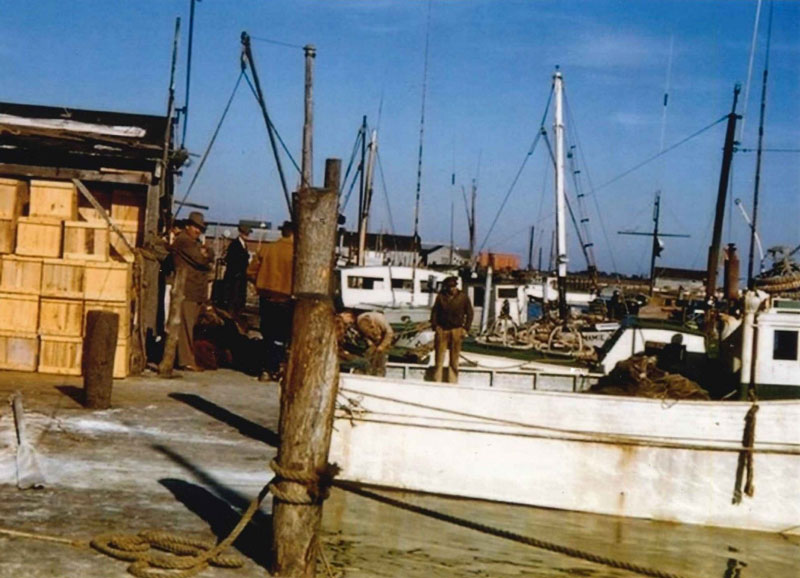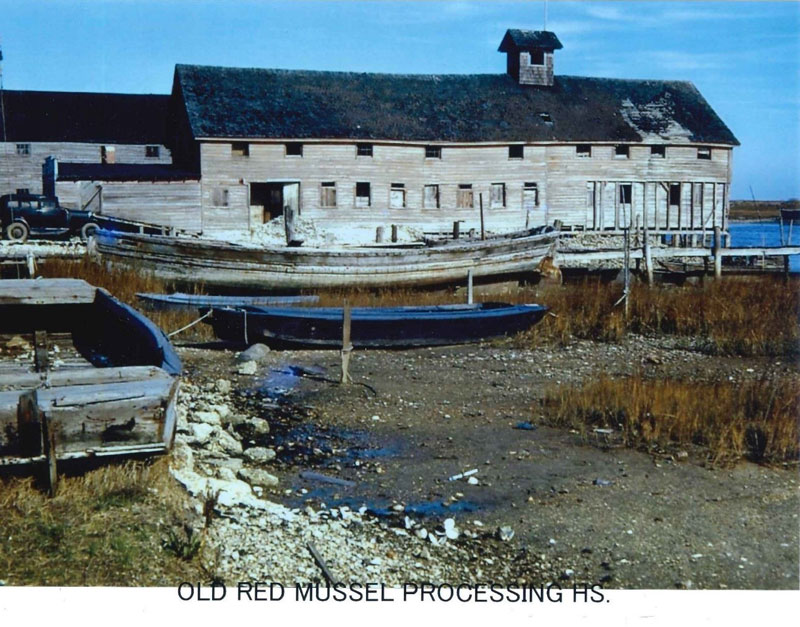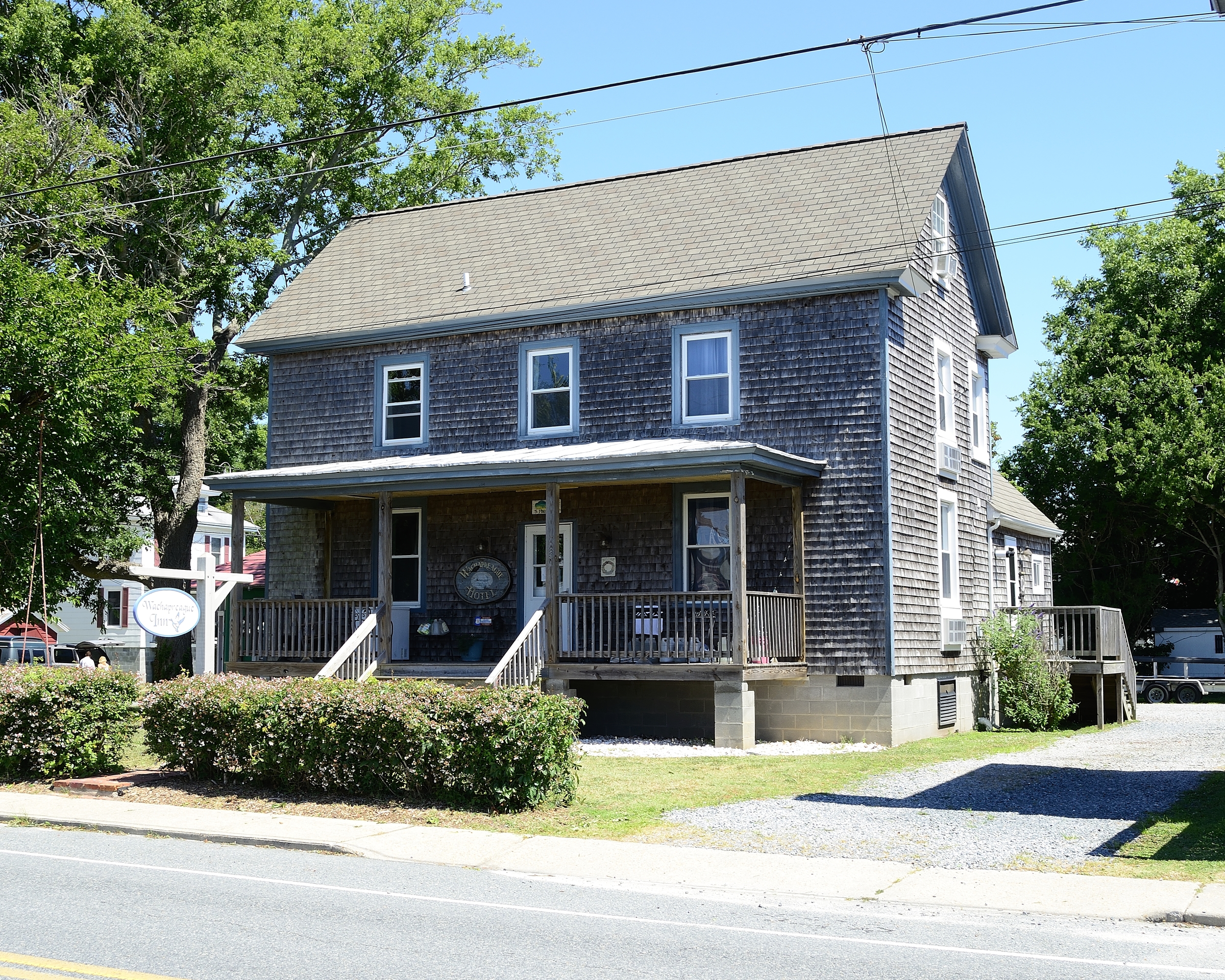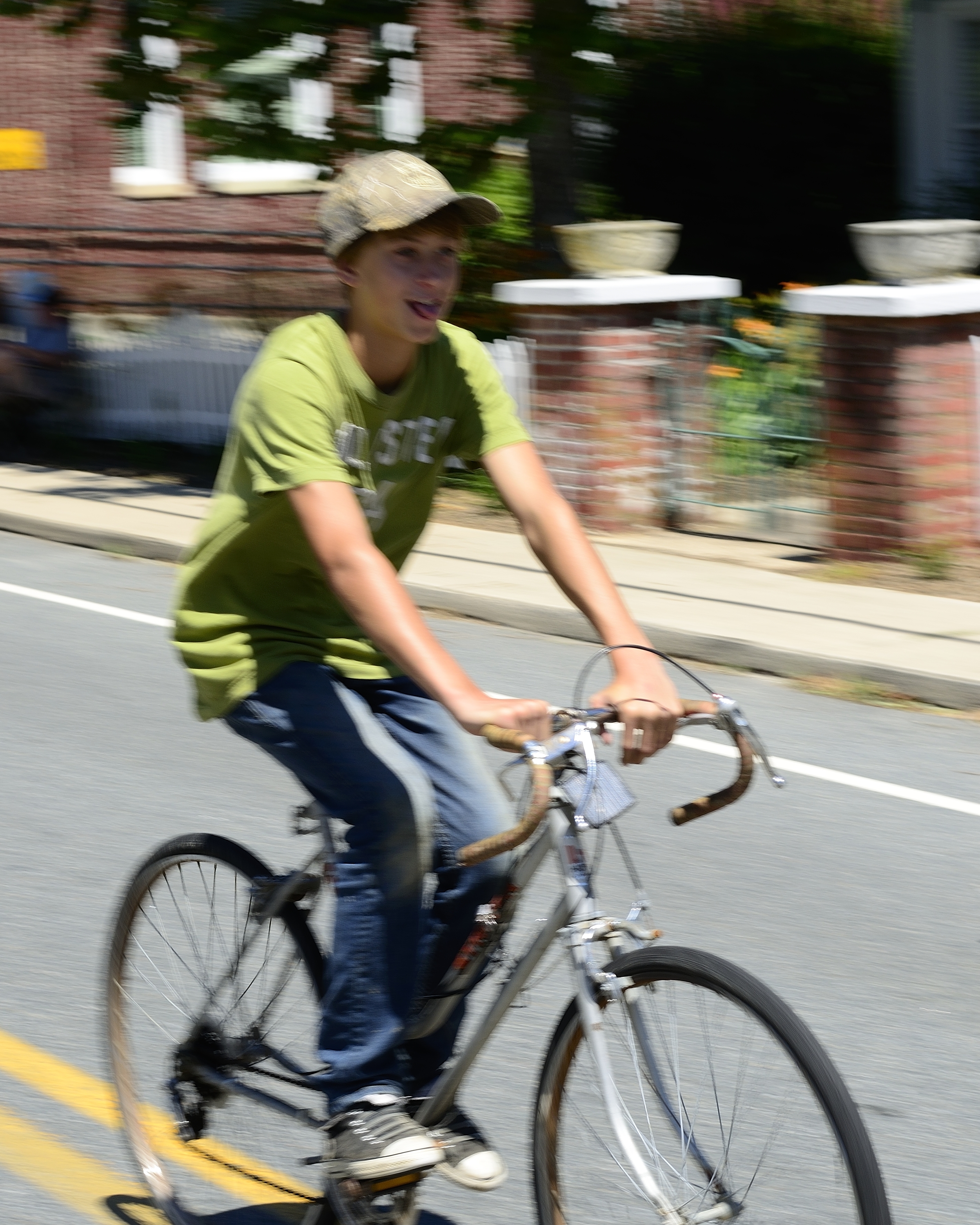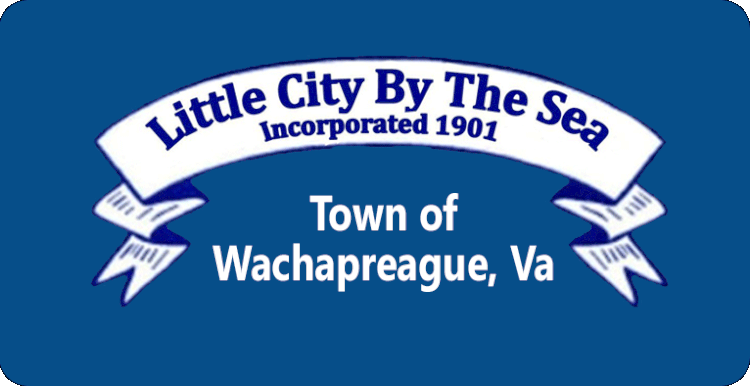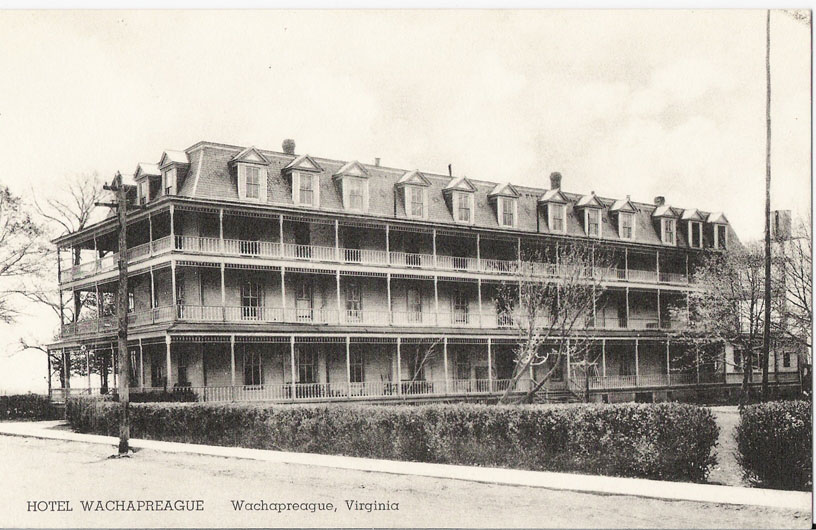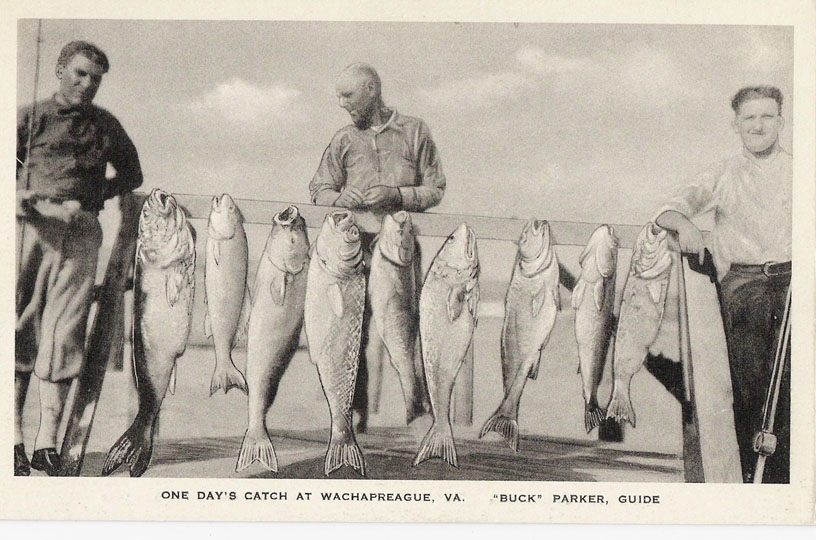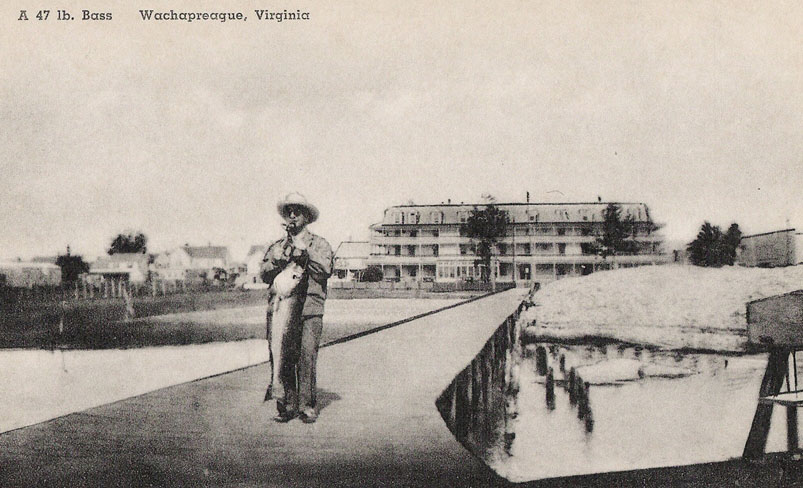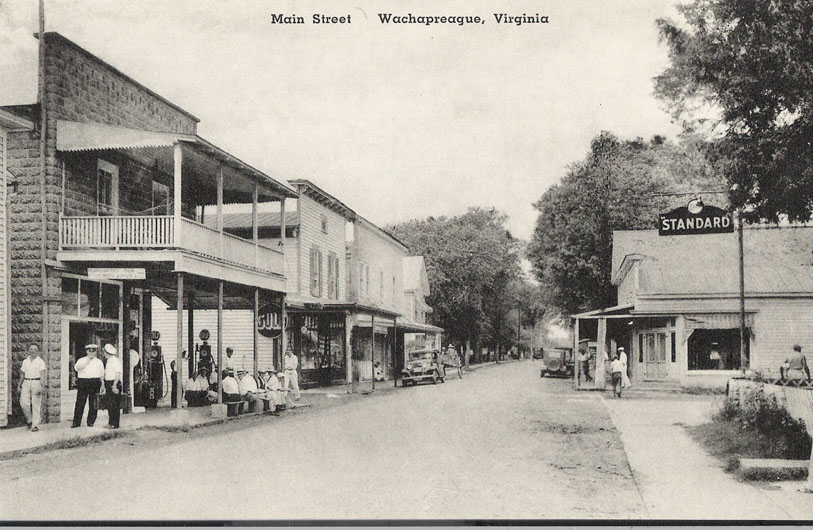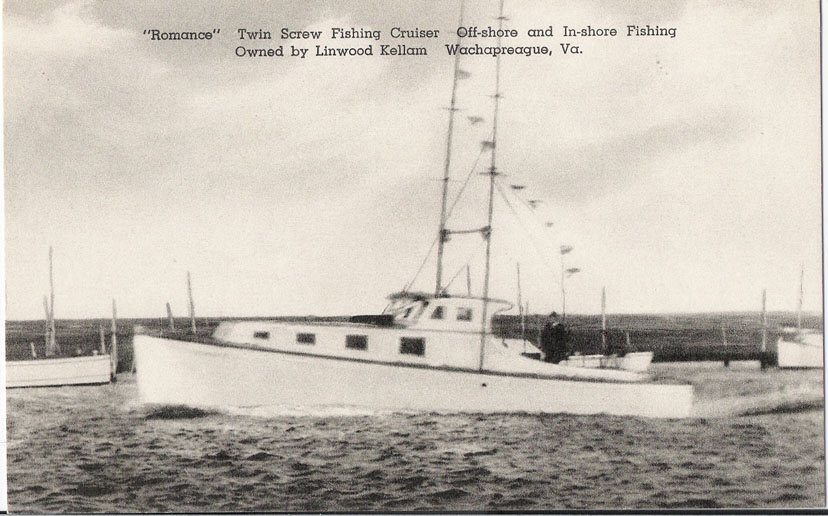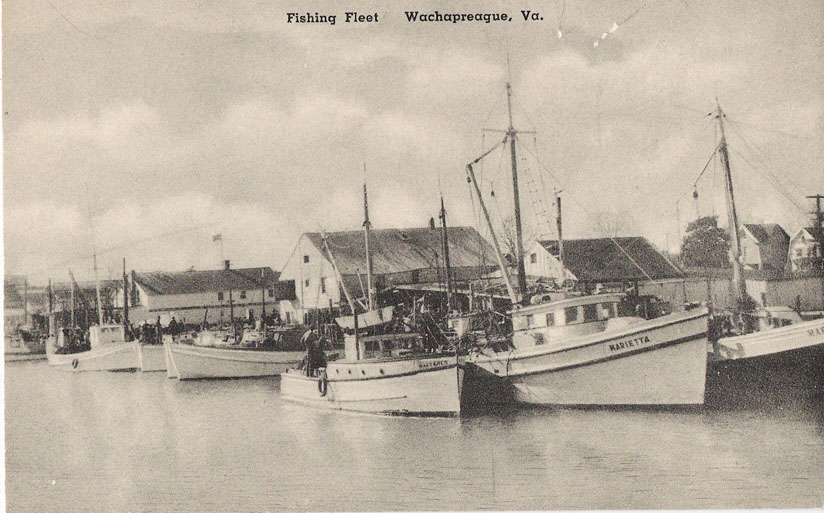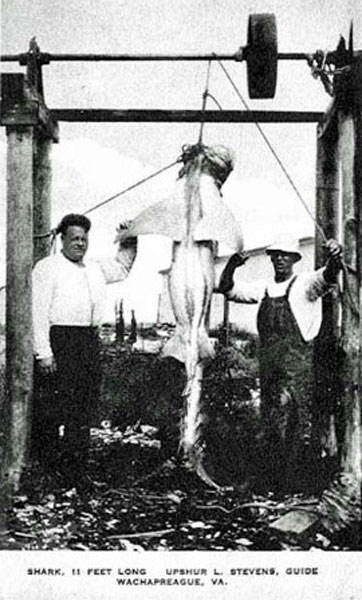History
History
Indian Village
The Matchapungos (members of the Algonquin people) had several villages on the Eastern Shore. One of these villages was located at or near Wachapreague. The name roughly translates to “Little City by the Sea.”
Settlers
Nathaniel Bradford received a patent to the area in 1662. The 1000 acres were referred to as "Watchaprege." The first European family to settle in the area was John Teagle's. They sold several small-acreage plots which made the nucleus of a town and retained 328 acres for their own use.
By local author Kirk Mariner
In the 1820's the Teagles sold their land to Capt. John Finney. Wachapreague was already a busy port which he improved by constructing a road through his plantation to the waterfront. In the mid-1880's the Finneys sold part of their property to the Powell brothers. The Powell brothers re-named the village "Powellton" while building up a good sized mercantile and shipping business carrying farm produce as far North as New York City. They also developed and sold lots adding to the population.
By the 1880's, an account of the day said: "Powellton is delightfully situated on the seaside; and with proper hotel accommodations [recently constructed] cannot fail to attract a large crowd of visitors during the summer months."
Eventually Powellton switched back to its previous name, Wachapreague, due to mix-ups with another town of similar name.
Wachapreague Hotel
The hotel which really put Wachapreague on the map was the Wachapreague Hotel built in 1902 by A. H. G. Mears. It was one of the largest hostelries ever opened on the Shore and attracted hunters and fishers from all over the country which provided work for charter boats and guides.
This landmark and hub of the local economy burned in 1978. Following the Second World War, the charter fishing business had begun to decline-the introduction of affordable, trailer-able boats a major cause.
Today
The Town still enjoys a beautiful site and remains focused on the surrounding waters—an active charter fleet. Tourism survives as well as marinas, commercial fishing and seafood processing, and an annual summer carnival.
Read more about the history of Wachapreague in this book "Wachapreague, Virginia: Then and Now” by local historian, Kirk Mariner.
